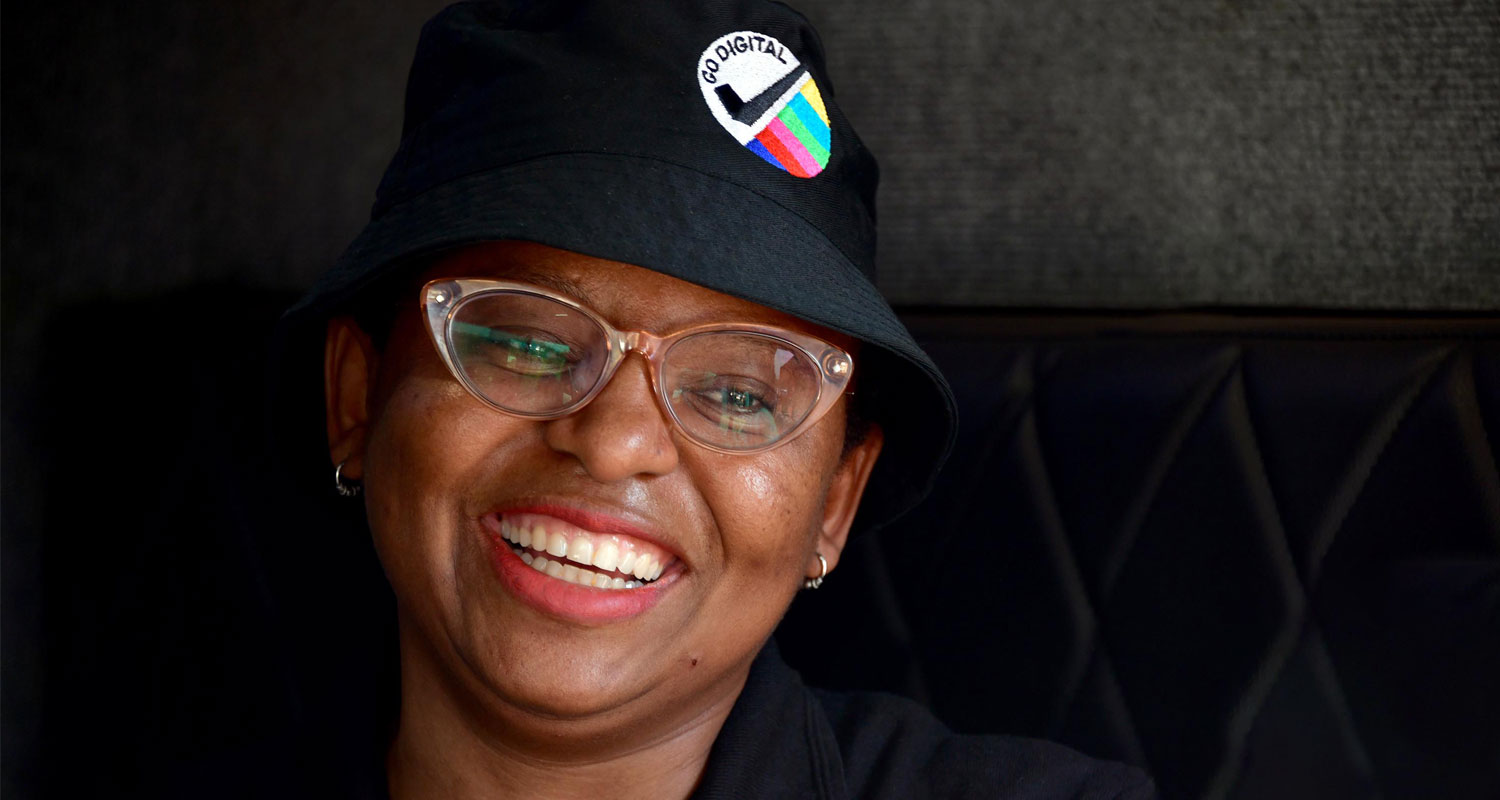
South Africa’s biggest telecommunications operators, Vodacom, MTN and Telkom, have called for more consultation over government’s plan to terminate 2G and 3G services by 2025.
The companies have warned that further talks are necessary to ensure users won’t be impacted as government pushes ahead with plans to get South Africans onto newer technologies based on 4G/LTE and 5G.
TechCentral first reported earlier this month that communications minister Khumbudzo Ntshavheni has proposed that South Africa switch off its 2G cellular networks by June 2024 and its 3G networks by March 2025. But Telkom, for one, has warned that the 3G cut-off date is unrealistic.
The proposed termination of 2G and 3G services in South Africa, contained in a draft policy on the licensing of “next-generation radio frequency spectrum”, and made available to TechCentral by the minister’s office ahead of its publication in the Government Gazette, comes as government looks to free up spectrum for next-generation wireless broadband services.
Read: Government to open up spectrum trading in South Africa
Shutting down older networks, including those built using 2G and 3G technologies, will help ensure the country “realises the benefits of rapid technological changes in telecommunications”, the draft policy document states.
Here’s how Telkom, MTN and Vodacom have responded to Nsthavheni’s proposals:
- Telkom: “Telkom supports the decommissioning of the 2G network. However, we are of the view that the decommissioning process should follow industry-wide consultation,” a spokesman said. “Telkom carries less than 1% data traffic on its 2G network with no further investment into the technology. While 35% of our voice has been migrated to voice-over-LTE, we still carry a significant amount of voice on the 3G network, and don’t believe the 2025 deadline is realistic.”
- MTN South Africa: “MTN agrees that the legacy technology switch off of mobile technologies is required so that spectrum is used for spectrally efficient mobile technologies. However, this needs to be managed in a phased approach to migrate users to newer technologies,” said MTN South Africa corporate affairs executive Jacqui O’Sullivan. “We envisage that the 3G shutdown will occur sooner while leaving a 2G layer to cater for the legacy 2G devices which will take longer to migrate. We believe that the proposed timelines depend on several factors that MTN will engage on further.”
- Vodacom: South Africa’s largest mobile operator said it is “analysing the feasibility of the timelines” proposed by the minister. The company will “engage further with the minister in this regard”, said a spokesman. “Regarding the switching off of 2G and 3G networks, our considered view is that the decision will require a multi-stakeholder approach.”
In an annexure to the draft policy, Ntshavheni has proposed the following:
Sunset of 2G networks
- The prohibition of the licensing of 2G devices by communications regulator Icasa by 30 June 2023;
- The prohibition of new connections or activations of 2G devices on networks by 31 December 2023;
- The shutdown of 2G services by 31 March 2024; and
- The shutdown of 2G networks by 30 June 2024.
Sunset of 3G networks
- The prohibition of the licensing of 3G devices by 31 March 2024;
- The prohibition of connections or activations of 2G devices on networks by 30 September 2024;
- The shutdown of 3G services by 31 December 2024; and
- The shutdown of 3G networks by 30 March 2025.
In the draft policy document, the minister describes the proposed shutdown dates for 2G and 3G services as part of a “road map” that will ensure the termination of services is done in a coordinated manner that causes “minimal disruption to services”. The dates are not set in stone, and will be subject to a “continuous review” to free so-called high-demand spectrum.
“The minister, after consultation with the regulator and industry, will issue a policy direction for the shutdown of old generation and inefficient networks,” the draft document states. “The minister … will continuously review, update and publish a revised road map for the shutdown of old-generation and inefficient networks.” — © 2022 NewsCentral Media




